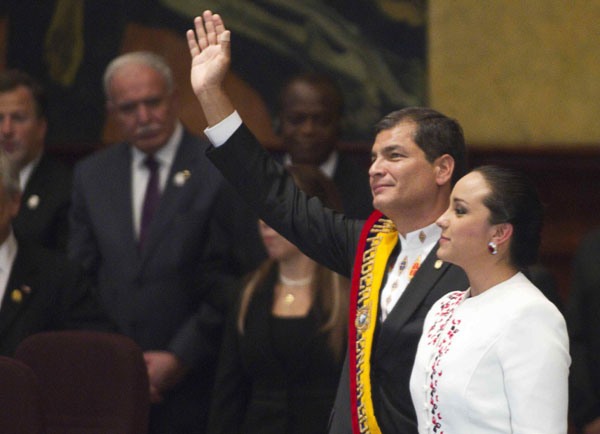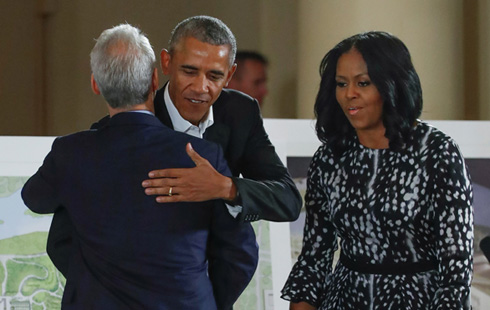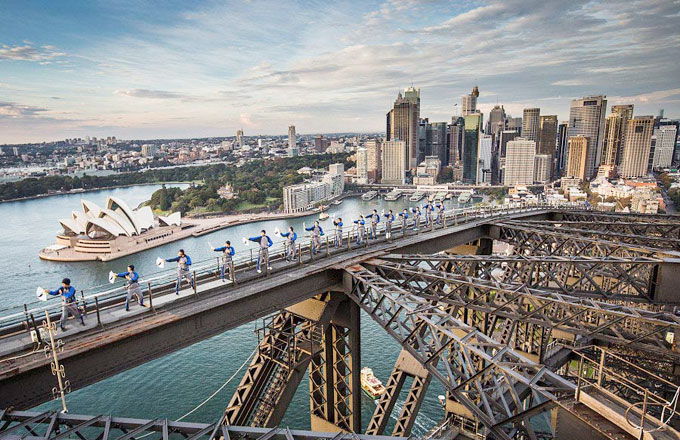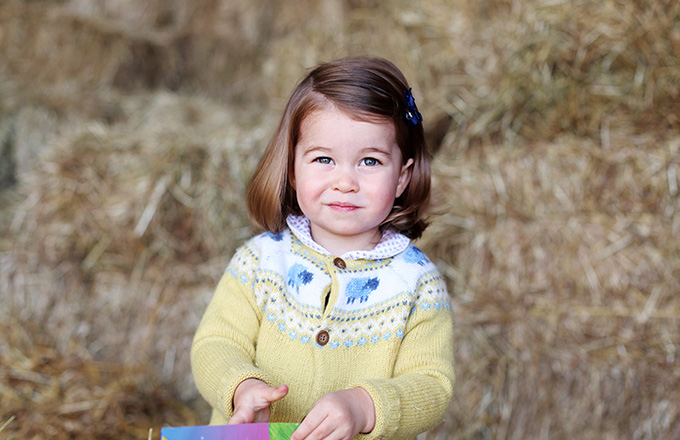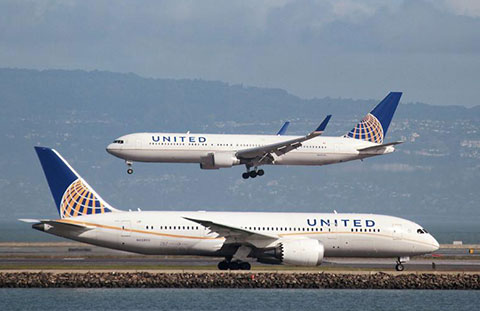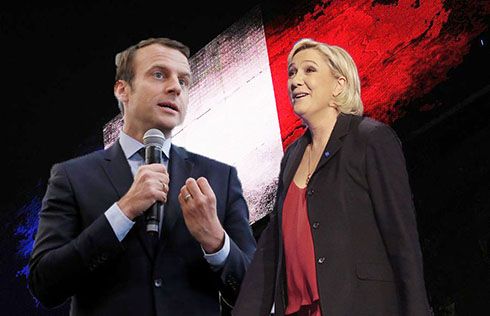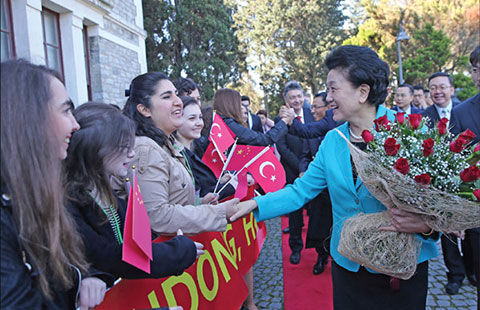Ecuador's president sworn in for 3rd term
QUITO - Ecuadorian President Rafael Correa took office on Friday for a third term with a promise to eradicate poverty and reduce social inequality.
The swearing-in took place before Gabriela Rivadeneira, the newly-elected 29-year-old president of the National Assembly.
"Now, the Citizen Revolution is on track. It is the revolution of the poor. This revolution is just beginning. We have a responsibility to carry the torch of liberty forward," said Rivadeneira.
After a chorus of the national anthem, Rivadeneira put the presidential sash on Correa, who was visibly moved, amid prolonged applause.
Taking the oath for his third-term, Correa vowed to abide by the Constitution and Ecuadorian law, safeguard people's peaceful life and serve the people with sincerity.
Correa said at the ceremony that the country is starting "a second independence against poverty, inequality and exclusion," noting that his country is going through "profound political, social and economic changes."
"We have made more than 1 million Ecuadorians leave poverty behind over the past six years," said the president, 50, who has been in power since 2007.
Correa, who was reelected in last February for a third term till 2017, said his main goal is to "defeat poverty" with the responsible use of natural resources and the key to success of society is culture of excellence, human talent, science and technology.
Correa said, quoting figures of the Economic Commission for Latin America and the Caribbean (ECLAC), that Ecuador is "one of the three countries which mostly reduce poverty."
"One poor person in our America is more than enough. Defeating poverty should be a moral imperative in the planet, even more when, for the first time in the history of humanity, poverty is not due to scarcity of resources but is due to perverse systems," he said.
The Ecuadorian leader sent a message to the members of the National Assembly to focus on his government's national goals.
"We have to be more efficient than ever, our political project is to focus on the great national goals," Correa told the 137-seat National Assembly, where the ruling party has a majority.
Some of the national goals mentioned by Correa are "to defeat poverty and the immoral inequality, to achieve real democracy, to deepen the political rights to reach a radical democracy and to gather human talent, science and technology to improve things."
"We cannot fail, Assembly members, we do not have time to lose, we should risk our lives to make progress as quickly as possible. We have to hear the voice of our people," he said.
Correa said "this revolution has to last forever," praising his government for ensuring political and economic stability.
Ecuador was one of the most dynamic economies in the region with a growth of 4.3 percent against the regional growth of 3.5 percent last year, and the country's unemployment rate of 4.1 percent was the lowest one, he said.
Correa mentioned that one of his government's main achievements in politics was that now the Ecuadorian people rules and this was "the most important change for us."
Some 10 heads of state and 90 delegations from different countries and international organizations attended the inauguration ceremony. Among them were Venezuelan President Nicolas Maduro, Peruvian President Ollanta Humala, Costa Rican President Laura Chinchilla, Honduran President Porfirio Lobo, Colombian President Juan Santos and Chilean President Sebastian Pinera.
At the invitation of the Ecuadorian government, Chinese Minister of Water Resources Chen Lei attended the inauguration ceremony as the Chinese government's special envoy.
Correa started his new term as president with an approval rating of 63 percent, according to a recent survey by private polling firm Cedatos. He also enjoys an overwhelming majority of support in the Assembly, where his ruling Alianza PAIS Movement has 100 of the 137 seats.
Correa won a landslide victory in the presidential elections on February 17 this year, becoming the first Ecuadorian president who has been reelected twice in 30 years.




